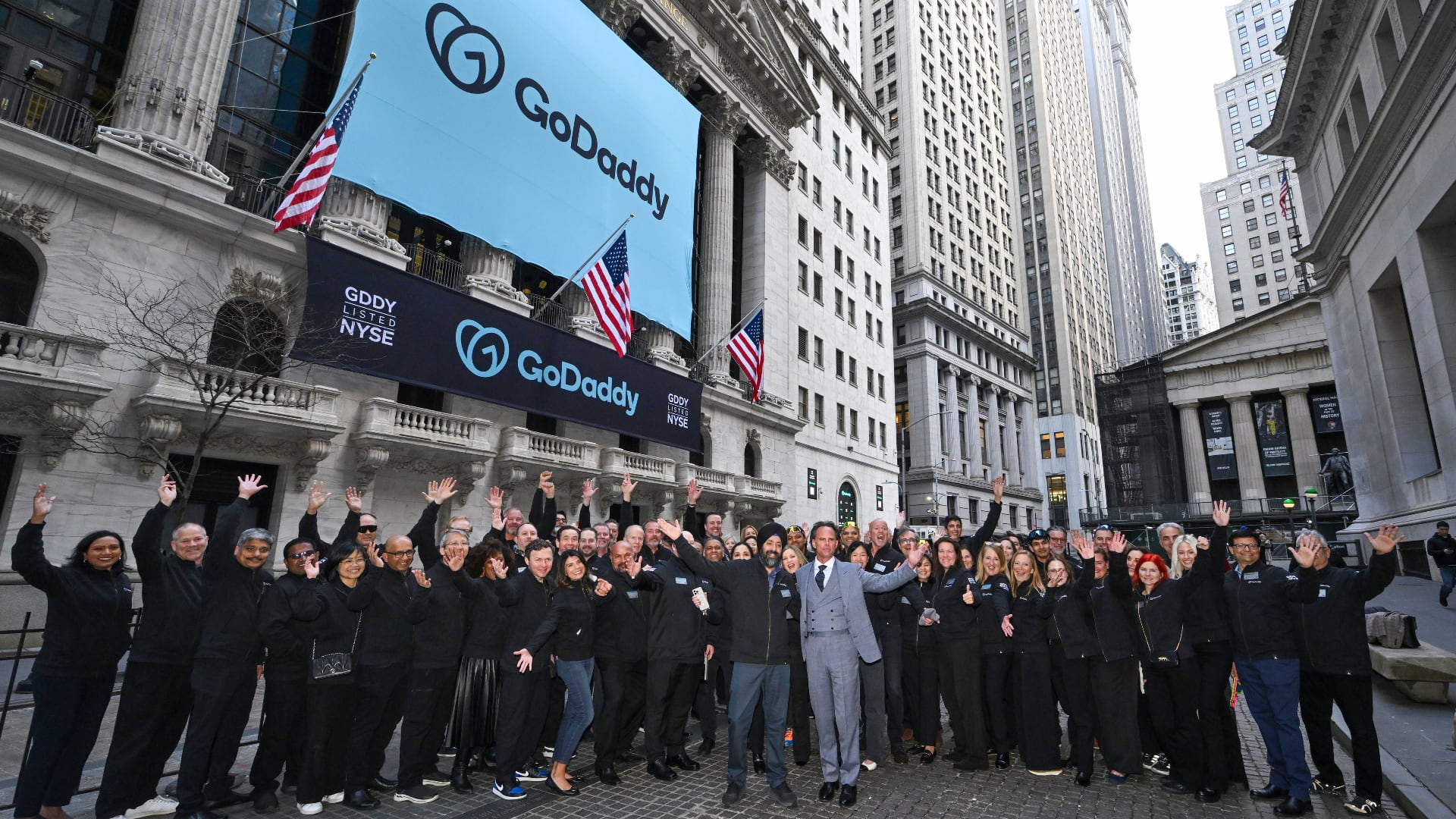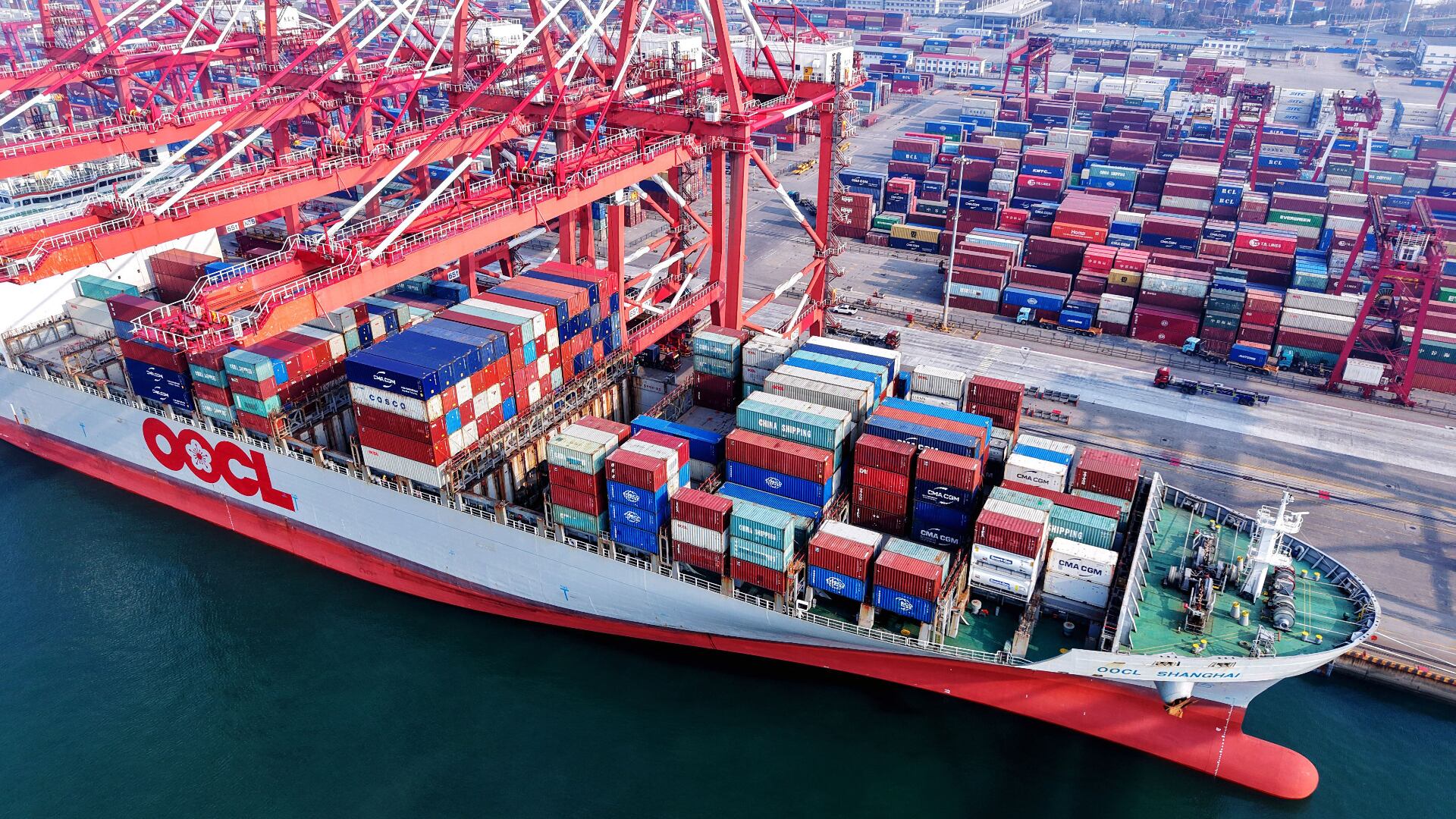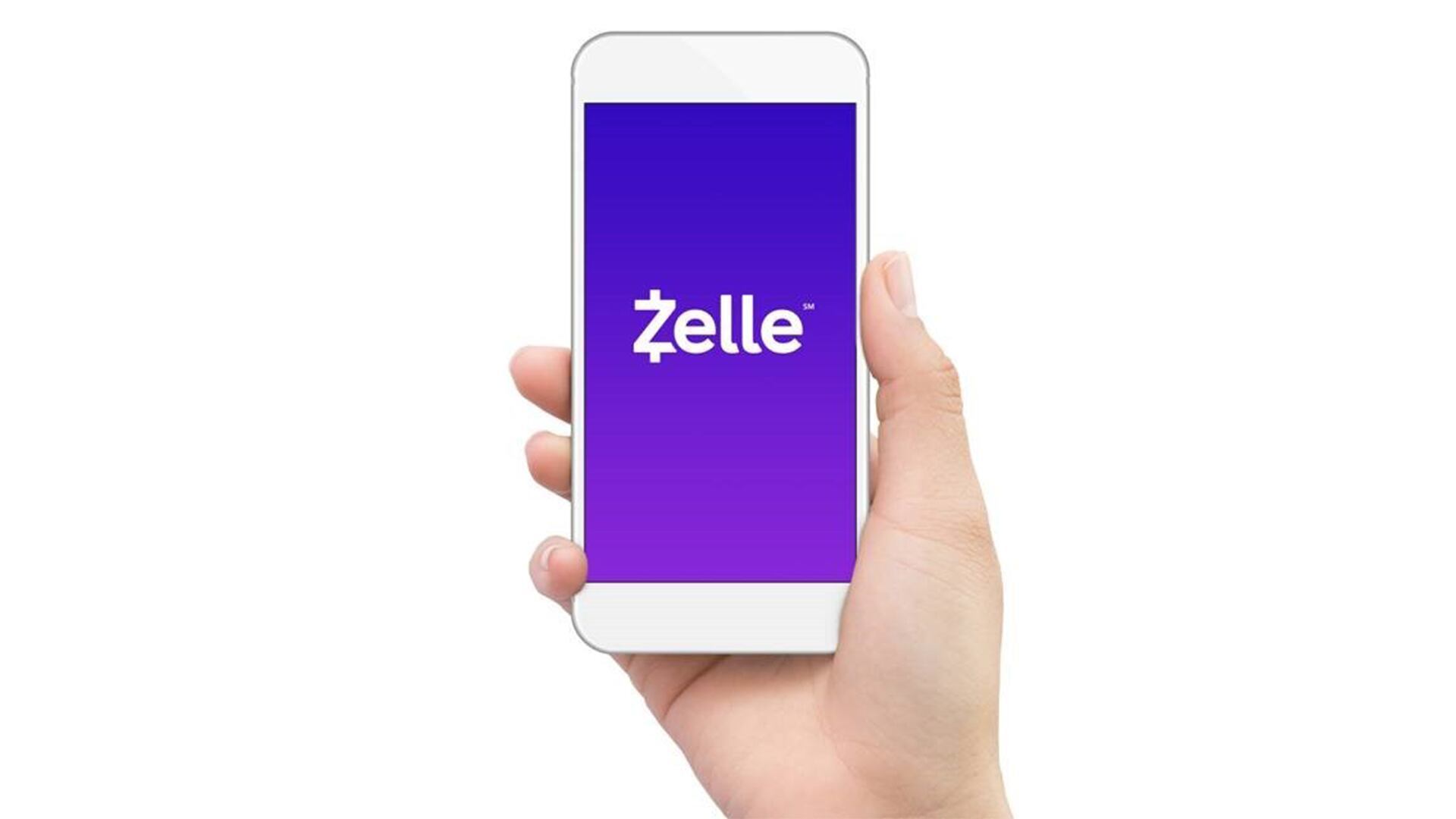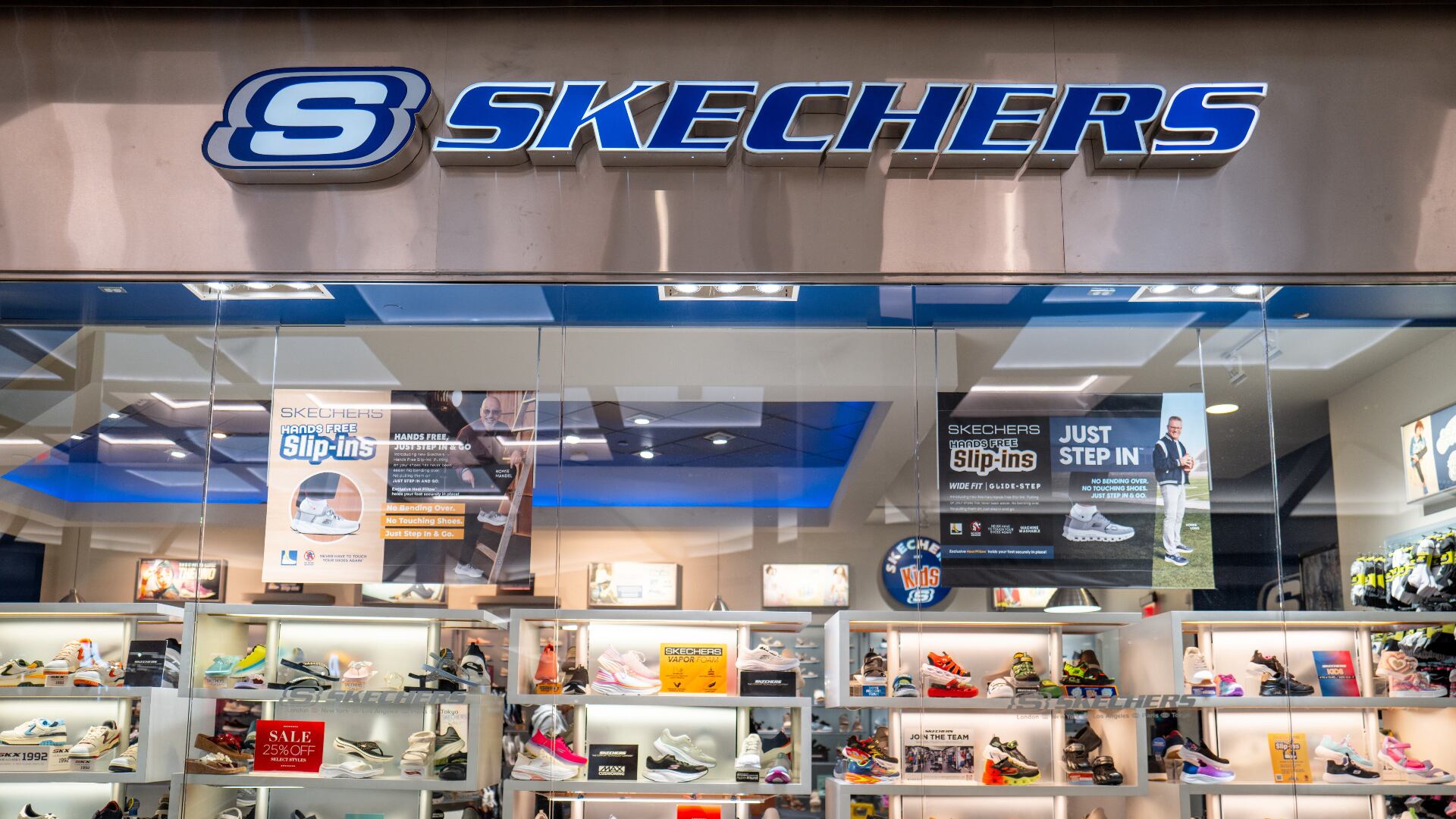The wireless internet solutions provider, Cambium Networks, received a weak signal from the market after a disappointing public debut on Wednesday with opening shares trading on the Nasdaq at $10.08 a piece.
The price was down slightly from the company's initial public offering price of $12, which was already below Cambium's expected IPO range of $13 to $15 per share. The company — now trading under the ticker "CMBM" — said Tuesday that it had raised $70 million by offering 5.8 million shares in its IPO.
"To be very frank, this is very early innings," Atul Bhatnagar, Cambium's president and CEO, told Cheddar. "We have an amazing product line with significant demand in the world."
Since its founding in 2011, Cambium has built wireless broadband networks for companies, governments, and other internet service providers in nearly 150 countries. The company manufactures and sells hardware that is especially suited for remote regions of the world, and can provide wireless networks ranging from two meters to over 100 kilometers.
"Connecting the unconnected is the focus … about 3 billion people in the world are either unconnected or under-connected," Bhatnagar said. "Wherever you need the connectivity, we bring that wirelessly without digging any trenches."
Cambium has largely been a profitable business, reporting $9.8 million in net income in 2017 and $3 million in 2016. The company, however, posted a net loss of $1.5 million last year, according to Cambium's filing with the federal Securities and Exchange Commission.
Bhatnagar said the loss was due to investments in new products, which are now complete and "being very well received" in the company's portfolio. Cambium did report $1.9 million in net income in the first quarter of 2019.
The company said its growth strategy is based on broadening its software capabilities, deepening its reach in existing markets, increasing wireless connectivity speeds, and expanding into new regions around the world.
"We are very focused on developing communities — developing communities in every country," Bhatnagar said, noting that Asia, specifically the Indian subcontinent, is the most promising growth zone.
The company is also expected to benefit from the global transition from 4G to 5G wireless technology and has already begun investing in products that can utilize the next generation of connectivity.
Regarding the market, Bhatnagar said Cambium plans to focus on its customers and will "let the markets play out long term."













